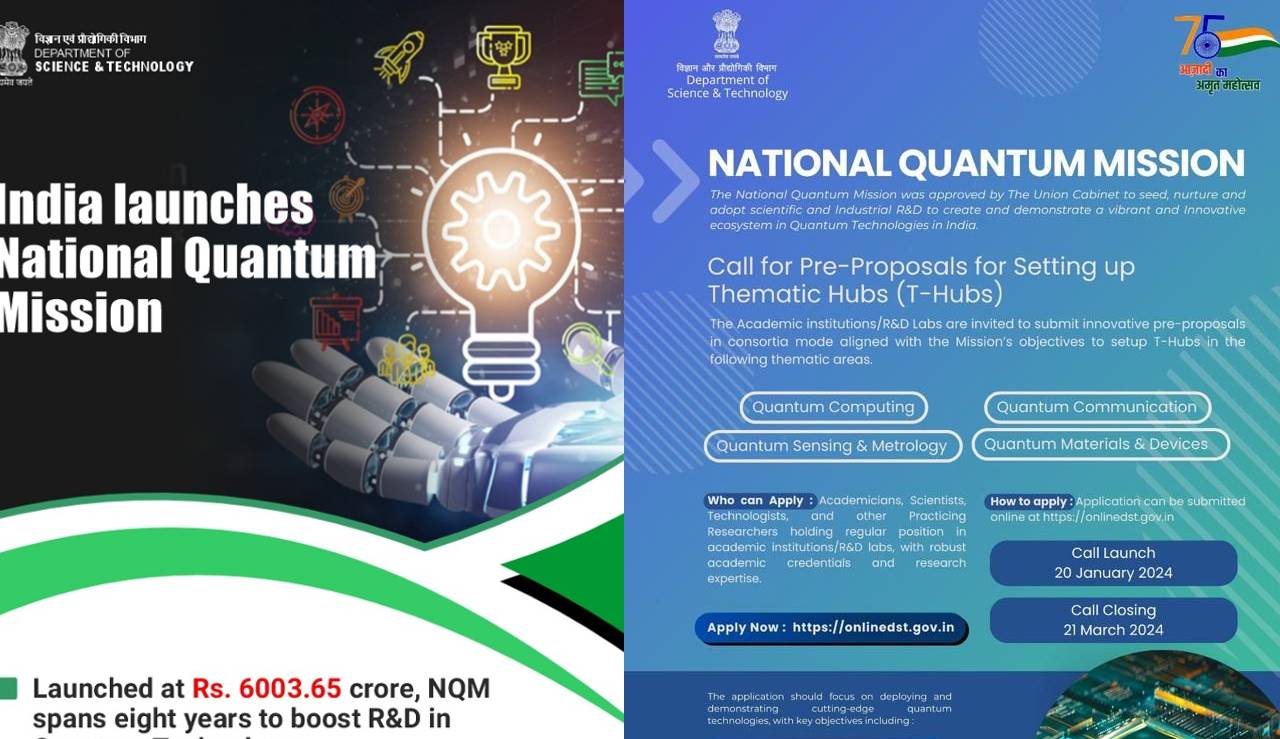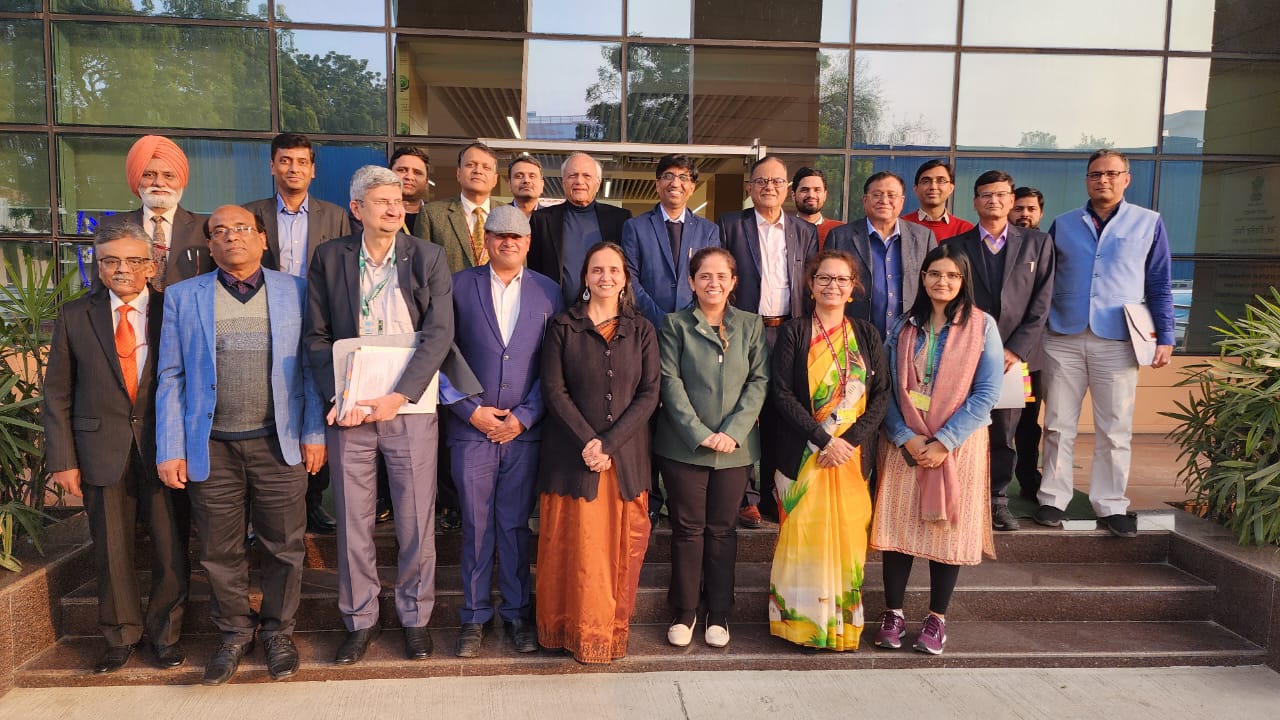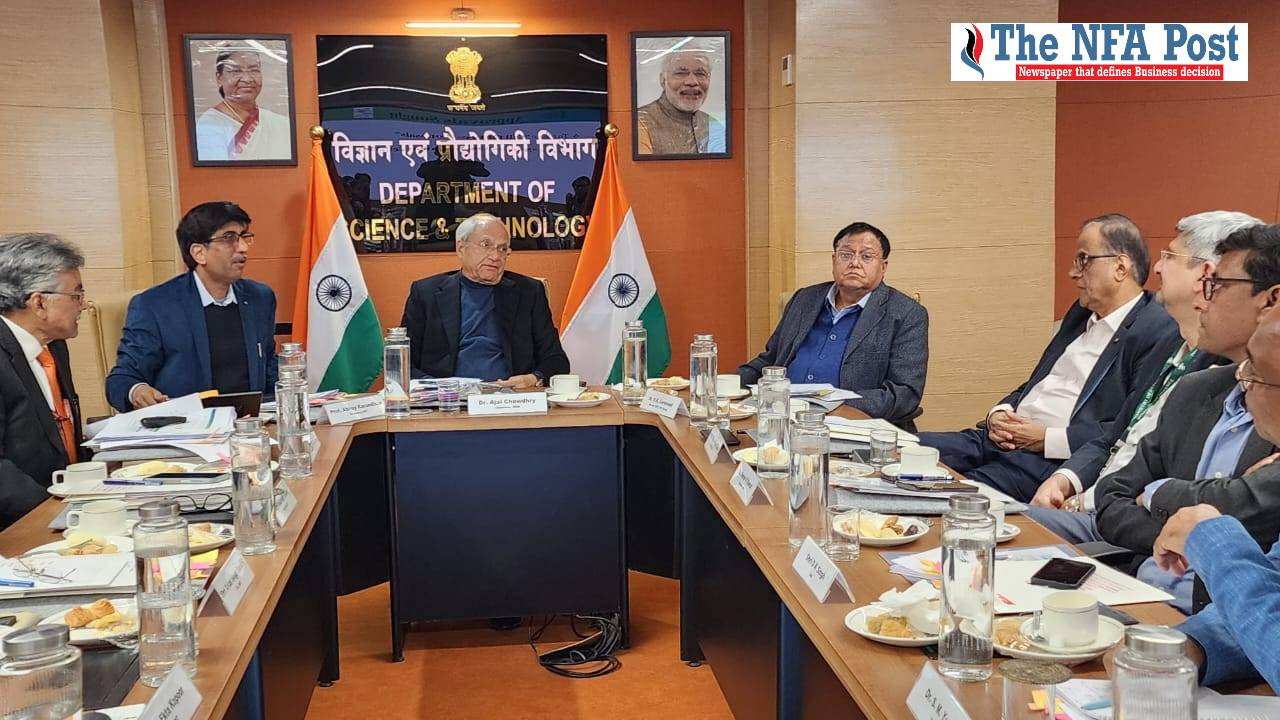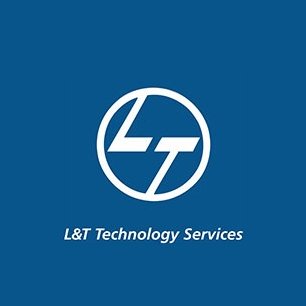New Delhi, NFAPost: The 1st meeting of Mission Governing Board (MGB) of National Quantum Mission (NQM) under the chairmanship of Dr Ajai Chowdhry discussed implementation strategy and timelines of NQM as well as the formation of Mission Coordination Cell (MCC).
The MCC will be set up as a coordinating agency for the Mission and will work in coordination with the Mission Secretariat, DST. The MCC will be set up in an institution identified by DST, based on merit and existing infrastructure and will function under the overall supervision and guidance of Mission Technology Research Council (MTRC).
Highlighting the genesis of quantum technology in India Dr Ajai Chowdhry, Chairman MGB and Founder HCL Technologies, said that NQM will leapfrog in this area and that manpower and startups are two major things that need to be focused on.
Principal Scientific Advisor to Government of India Prof A K Sood, said that creation of human resources is critical and suggested empowering the Hubs to build human capacity.
“The focus should be on developing own system rather than importing systems not developed here. Industry has to play a key role in technology sharing as well as in fund sharing,” said Niti Aayog Member Dr V K Saraswat.

DST Secretary Prof Abhay Karandikar informed that NQM is expected to setup four mission hubs in Quantum Computing, Quantum Communication, Quantum Sensing & Metrology and Quantum Materials & Devices, which will essentially be consortia of academia, R&D labs, and industry.
A detailed plan of implementation was presented by DST Senior Advisor and SERB Secretary Dr Akhilesh Gupta along with FFT Division Head Dr Ekta Kapoor. The committee deliberated at length and finalised implementation strategy and timelines. The MGB also approved a “Call for Pre-proposals” for going ahead with inviting proposals for setting up of four technology hubs under NQM in consortia format.
DD R&D Secretary and DRDO Chairman Dr Samir K Kamat, IIT Gandhinagar Director Dr Rajat Moona, AS&FA Vishvajit Sahay, representatives from DOS, DRDo, DAE, Meity, DOT, Dept of Expenditure along with several DST officials participated in the meeting.
The Union Cabinet approved the National Quantum Mission (NQM) on 19th April 2023 being implemented by DST with a total outlay of Rs 6003.65 Crore for a period of eight years.
The Mission aims to seed, nurture and scale up scientific and industrial R&D and create a vibrant & innovative ecosystem in Quantum Technology (QT). This will accelerate QT led economic growth, nurture the ecosystem in the country and make India one of the leading nations in the development of Quantum Technologies & Applications (QTA).
Call for Pre-Proposals for Setting up Thematic Hubs (T-Hubs) under National Quantum Mission
The Union Cabinet approved the National Quantum Mission (NQM) on 19th April 2023 at a total outlay of Rs.6003.65 Crore for a period of eight years. NQM is a landmark initiative aimed at propelling India to the forefront of quantum research, innovation, and applications.
With the rapid advancement of quantum technologies globally, the mission seeks to harness the immense potential of quantum science and technology to drive economic growth, scientific exploration, and technological breakthroughs.
Under the National Quantum Mission, Academia institutions/ R&D Labs are invited to submit innovative pre-proposals aligned with the Mission’s objectives. The pre-proposals should demonstrate the quantum technologies to advance the application of quantum science and technology, in the following thematic areas:
I. Quantum Computing
II. Quantum Communication
III. Quantum Sensing & Metrology
IV. Quantum Materials & Devices
A call for pre-proposal for setting up the Thematic hubs in the four verticals is launched on 20th January 2024 by Secretary DST. It invites academia/institutions/R&D Labs to submit innovative proposals aligned with the objectives of NQM to set up the T-Hubs. More details related to the call for proposal are given at https://onlinedst.gov.in

Cabinet approves National Quantum Mission to scale-up scientific & industrial R&D for quantum technologies
National Quantum Mission received cabinet approval at a total cost of Rs. 6003.65 crore, to scale up scientific and industrial R&D, for accelerating Quantum Technology led economic growth and leverage India into a leading nation in the area
The Union Cabinet chaired by Prime Minister Narendra Modi approved the National Quantum Mission (NQM) at a total cost of Rs 6003.65 crore from 2023-24 to 2030-31, aiming to seed, nurture and scale up scientific and industrial R&D and create a vibrant & innovative ecosystem in Quantum Technology (QT).
This will accelerate QT led economic growth, nurture the ecosystem in the country and make India one of the leading nations in the development of Quantum Technologies & Applications (QTA).
The new mission targets developing intermediate scale quantum computers with 50-1000 physical qubits in 8 years in various platforms like superconducting and photonic technology. Satellite based secure quantum communications between ground stations over a range of 2000 kilometres within India, long distance secure quantum communications with other countries, inter-city quantum key distribution over 2000 km as well as multi-node Quantum network with quantum memories are also some of the deliverables of the Mission.
The mission will help develop magnetometers with high sensitivity in atomic systems and Atomic Clocks for precision timing, communications and navigation. It will also support design and synthesis of quantum materials such as superconductors, novel semiconductor structures and topological materials for fabrication of quantum devices. Single photon sources/detectors, entangled photon sources will also be developed for quantum communications, sensing and metrological applications.
Four Thematic Hubs (T-Hubs) will be set up in top academic and National R&D institutes on the domains – Quantum Computing, Quantum Communication, Quantum Sensing & Metrology and Quantum Materials & Devices. The hubs which will focus on generation of new knowledge through basic and applied research as well as promote R&D in areas that are mandated to them.
NQM can take the technology development eco-system in the country to a globally competitive level. The mission would greatly benefit communication, health, financial and energy sectors as well as drug design, and space applications. It will provide a huge boost to National priorities like digital India, Make in India, Skill India and Stand-up India, Start-up India, Self-reliant India and Sustainable Development Goals (SDG).





